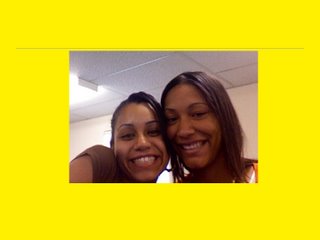The result of engaging the professional protective cast, in this case the Department of Homeland Security, FEMA, and a myriad of conflicting Federal and state bureaucracies? More chaos, more harm, and extended suffering. Brin points out that the attention economy isn't new. Our pre-civilization ancestors practiced the principles of the attention economy in furthering human evolution. Synchronous, face-to-face skills honed discourse and solved challenges. And just as we do today in the "new" attention economy, our ancestors practiced selective focus by:
Adjusting distance,His thesis of 21st century problem solving ultimately boils down to the components of :
Turning to and away from others,
Heeding reputation,
Favoring what's interesting,
Remembering what's important,
Constructing rules of courtesy,
Keeping a train of thought,
And, staying alert for surprise!
ArtWe shouldn't lose site of these things as we create educational policies that, unintentionally or otherwise, separate us from citizen robustness and resiliency to deal with the challenges of the 21st century.
Anticipation
Resiliency
and Discourse

